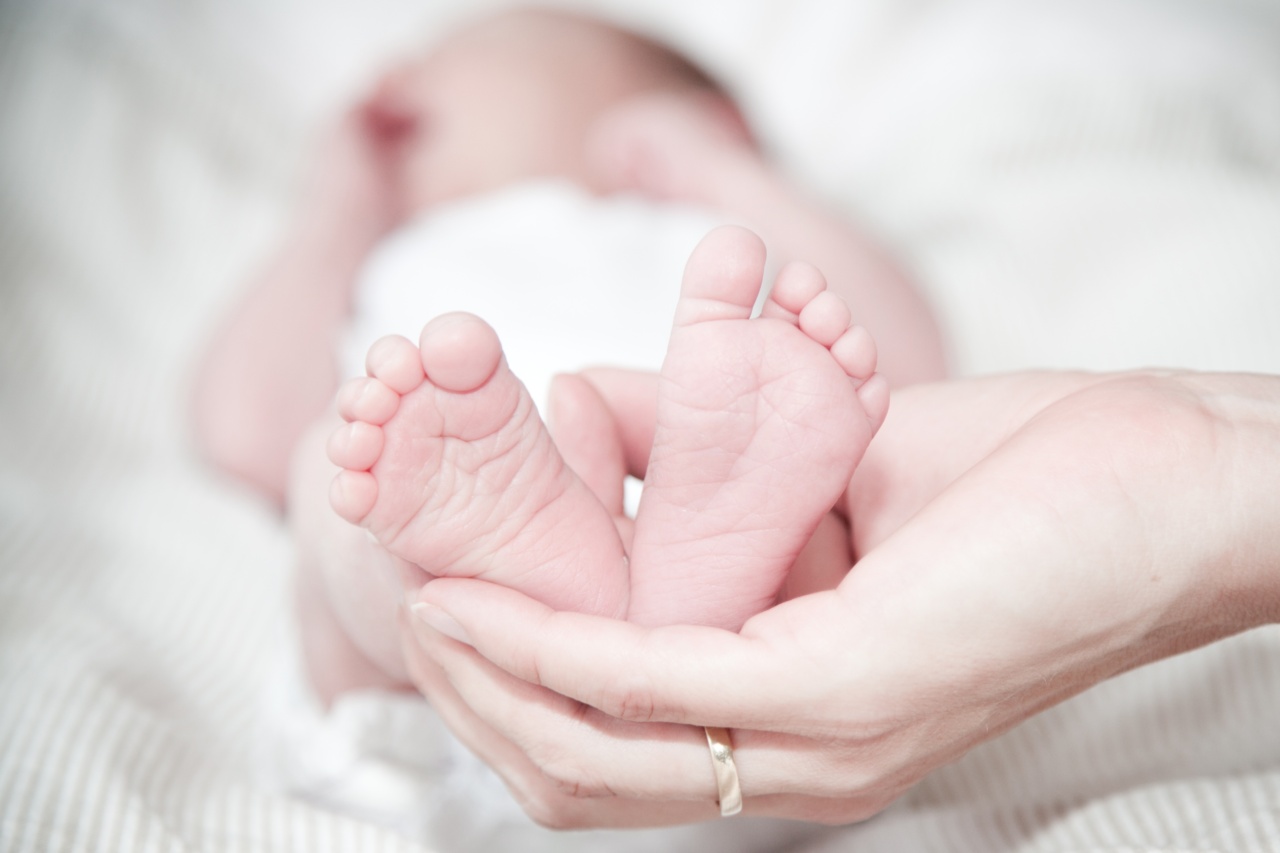Gynecological cancer is a tough disease that affects many women, and when you are a mother, it can be harder to deal with. Cancer not only affects your body but also your mind. It can be challenging to cope with cancer, especially when you are a mother.
This article will discuss what life is like after gynecological cancer and motherhood.
Emotional Impacts of Gynecological Cancer
Women who have gynecological cancer may experience various emotional impacts that can affect their mental well-being. These emotional impacts can lead to anxiety, fear, stress, depression, and sometimes anger.
Life becomes more challenging when you’re a mother, and you need to cope with all these emotions all while being there for your children.
Coping with gynecological cancer emotionally can be difficult. It’s essential to have a support system in place to help you through emotional struggles and to understand that it’s okay not to feel okay.
You might need to seek help from a counselor, psychologist, or mental health care professional. Alternatively, joining a support group with other women who have experienced gynecological cancer can also be helpful.
The Physical Impacts of Gynecological Cancer
Gynecological cancer can affect your body in various ways. Chemotherapy and radiation therapies are some of the treatments that can leave your body drained and fatigued.
Mothers will need help with household chores, taking care of children, and cooking and may feel guilty about not being able to do much.
Physical health is essential, and it’s vital to let your body rest and recover. Mothers may have to delegate household chores and parenting duties to others while you’re undergoing treatment and focus on healing.
Returning to Normal Life After Treatment
After treatment, returning to normal life can also be challenging for mothers. Cancer treatment can affect your body and mind in different ways. You might experience fatigue, feeling low or even have a low immune system.
Mothers need to be mindful of your limitations and listen to your body when it needs rest.
Returning to normal activities can be slow and gradual. Mothers might have to start with small tasks such as grocery shopping, doing laundry before moving onto more significant activities like returning to work or exercising.
It’s also important to seek support from family and friends in the period after treatment as you begin to readjust to normal life.
Impact on Fertility
Gynecological cancer treatment can impact your fertility. Mothers may undergo hysterectomy (removing the uterus) or chemotherapy and radiation therapy that can affect their reproductive system and cause premature menopause.
This can impact your ability to conceive.
It’s essential to discuss fertility options with your doctor and take the necessary precautions before treatment.
Mothers may have to consider fertility preservation methods such as egg freezing, embryo freezing, or even surrogacy before undergoing surgery or treatment.
Impact on Mental Health
Gynecological cancer can have a significant impact on one’s mental health. Mothers may experience depression, anxiety, isolation, or trauma after undergoing treatment.
It’s important to seek support when opting for holistic care methods that care for your mental health. This may include participating in support groups, what kind of therapy, or meditation and mindfulness. Having a good support system in place is key to ensuring your mental health is well taken care of.
Effect of Cancer on Family Life
Cancer does not only affect cancer patients but also their family and children. Mothers may feel guilty and frustrated as they worry about how cancer affects your children and family.
Addressing this anxiety can help you deal with this challenge and the negative impact it may have on your family. It’s important to have open communication with your family and allow them to ask questions. Cancer support groups can help you find ways to talk to your children and cope with cancer as a family.
Conclusion
In conclusion, Gynecological cancer has a significant impact on mothers and can be emotionally, physically and mentally draining.
Mothers must find a good support system and prioritize self-care during their treatment and after treatment. Cancer can also have long-lasting effects on your family, so open communication with your family is important.
Create a positive environment that’s conducive to well-being. Remember, it’s okay not to feel okay and asking for help is essential to living a healthy life as a cancer survivor and mother.































